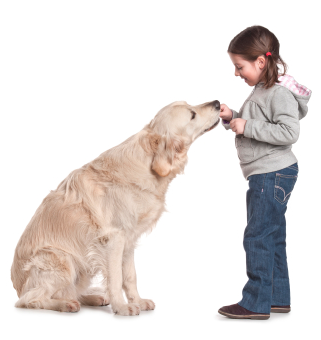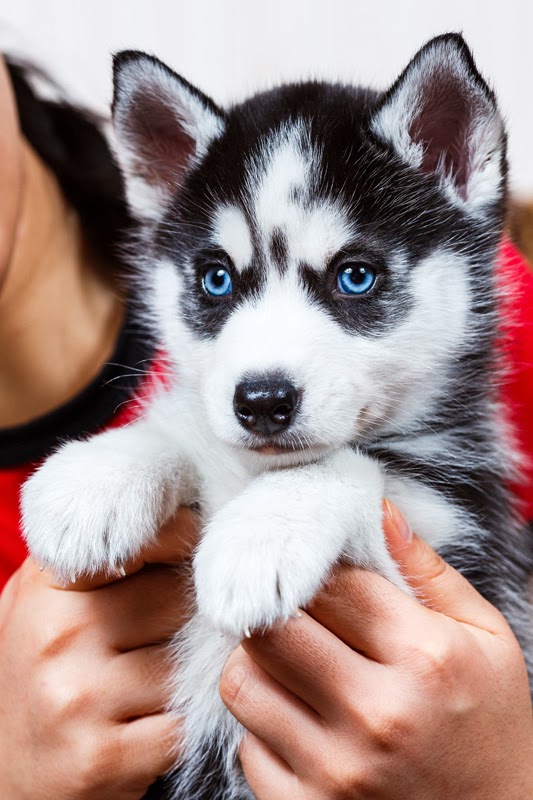
A helper can is a dog that assists its owner with any kind of disability. These dogs are not permitted to be outside but can help with household chores. Helper dogs can open and close drawers or drag laundry bags to the dryer. The dog may also help in dressing and picking things up, bracing for people to stand from a chair, and detecting alarms that smoke is coming on and low blood sugar.
A helper dogs is different to a therapy or service animal. An emotional support canine is trained to support people with anxiety and depression. They are frequently used for the treatment of anxiety disorders, anger or confusion. These dogs are often trained to be calm and nonthreatening. An autistic person may benefit from an assistance dog. If you or a loved one needs a service animal, consider getting one.

A helper dog is someone who assists someone with a disability with daily activities. This dog may serve as a therapy or service dog. It can also help people with mental or physical disabilities. A helper is able to assist someone with mobility issues. It can also travel on public transport and participate in social events. An owner can teach their dog assistance, or they can be trained by a qualified trainer. Some assistance dogs are certified by organizations dedicated to providing service dogs to people with a mental disability.
A helper dog is used for several fifteen-minute sessions each day. The dog is allowed to rest in the office after each session. After training is completed, the dog can be enrolled in play groups, obstacle classes or nose work. This is a great way to get your dog started. They make a great addition in the lives of people with disabilities. Look into these options if you're in search of a reliable service pet.
A service canine has the ability help someone with a disability. An aid dog can be used to help someone with a disability pick up items from the floor or calm down someone who is having a seizure. They are also able to help someone with autism. A service dog can be comforting for someone with a physical disability. If you're in need of a service dog, consider getting one. They can help you win in every way.

In the state of Washington, you can choose to use a service dog in the home or in a public setting. There are many benefits to a service dog. A helper can give you a sense security and comfort. It can also give a person exercise and physical activity. A dog that acts as a helper can bring comfort and security to the owner and be a wonderful companion to a family member. These dogs can also assist autistic people.
FAQ
How do I train my pet?
The most important thing when training a dog or cat is consistency. You need to be consistent in how you treat them. They will distrust you if they perceive you as being mean. They may also begin to believe that all people are like them.
They will not know what to expect if you're inconsistent with your treatment. They could become anxious around other people if this happens.
The best way to teach a dog or cat is by using positive reinforcement. If you reward your cat or dog for doing something well, they will desire to repeat the behavior.
They will associate bad behaviours with punishment and rewards if they do wrong.
To reinforce positive behavior, you should give treats like food or toys. Praise is a great way to reinforce good behavior.
To help your pet learn, clickers are a great tool. Clicking allows you to tap on a button and tell your pet that it was successful.
This is because clicking indicates "good job" to animals.
Show your pet the trick first. Next, reward your pet by asking him to perform the trick.
Praise him when he does the right thing. Don't praise him too much. You should only praise him once.
Also, it's important to set boundaries. Do not allow your pet's guests to jump on you. Or don't allow him to bite strangers.
Always supervise your pet to make sure he doesn’t hurt himself.
Which of the two is more difficult to train: dogs or cats?
Both. It all depends on the way you approach training them.
They will learn quicker if you reward them for following the instructions. But if you ignore them when they don't listen, they'll start ignoring you too.
So, there's no right or wrong answer. You must find the best way to teach your cat or dog.
What age should a child have a pet?
Pets should not be owned by children under 5 years of age. Young children should not have cats or dogs.
Most kids who have pets end up being bitten by them. This is especially true with small dogs.
A few breeds of dogs, like pit bulls can be quite aggressive towards other animals.
Even though a dog might seem friendly, it doesn't mean it won't attack another animal.
It is important to train your dog if you get a pet dog. You should also supervise your child when she is playing with the dog.
What are the things I should consider before buying an exotic pet?
You need to be careful before you decide to buy an exotic pet. You must decide whether you plan to keep the animal or sell it. If you plan to keep it as a pet, make sure you have enough room. Also, it is important to calculate how much time you will spend caring for the animal. Although it takes time to care and love an animal, it is well worth the effort.
If you plan to sell the animal, then you need to find someone who wants to buy it from you. Make sure that whoever buys your animal knows what they're doing regarding taking care of animals. Also, make sure that you don't overfeed the animal. This could lead to other health issues later.
You should research every aspect of exotic pets before you buy them. Many websites can provide information on various species of pets. You should be careful not to fall for any scams.
What should you consider when getting a pet?
First, think about what type of lifestyle you desire for yourself and your family. Do you have children? If so, how many? What age are they now? Are there any dietary restrictions?
Are you concerned about allergies? Is there anything you need to know more about your pet
Once you've answered these questions, think about whether you're looking for an active companion, a quiet lap dog, a house-trained cat, or perhaps a fish tank full of tropical fish.
If you are thinking about adopting a puppy, be sure to go to a shelter or rescue group to get to know them.
You should also check to see if the animal is vaccinated for rabies and other diseases.
Ask the owner if they will care for the pet while you are away. This will ensure that you don't have to worry about leaving the pet alone.
You should remember that pets are a part of your family and that you should not adopt them unless you truly love them!
Are there three things you need to keep in mind before you buy a cat?
These are the questions to ask before you buy a cat.
-
Are there any health issues in the cat?
-
Will the cat eat all my food?
-
Do I want a cat to love cats or just a pet?
Statistics
- For example, if your policy has a 90% reimbursement rate and you've already met your deductible, your insurer would pay you 90% of the amount you paid the vet, as long as you're still below the coverage limits of your policy. (usnews.com)
- It's among a relatively few companies that provide policies with a full (100%) coverage option, meaning you are not responsible for any co-payment of bills. (money.com)
- Pet insurance helps pay for your pet's medical care, with many policies covering up to 90 percent of your vet bills. (money.com)
- It is estimated that the average cost per year of owning a cat or dog is about $1,000. (sspca.org)
- A 5% affiliation discount may apply to individuals who belong to select military, law enforcement, and service animal training organizations that have a relationship with Nationwide. (usnews.com)
External Links
How To
How to choose a name for your pet.
When adopting a pet, the name you choose for them is one of your most important decisions. Names should reflect the personality and character of your pet.
You should also consider how others might refer to them - if you're going to use their name in conversation, for example. The last thing you need to think about is how you want to be referred. You might be more inclined to call yourself "dog", or "pet".
Here are some tips and tricks to help you get going.
-
Pick a name that fits your dog's breed. If you know the breed (e.g., Labradoodle), look up the names associated with that breed. Or ask someone who knows dogs well to suggest a name based on the breed.
-
Think about the meaning of the name. Some breeds were named after people or specific places, while others are just names. Because he was always running, the name Rover was given to a Labrador Retriever.
-
What would you prefer to be called? Would you rather call your dog "dog", or "pet"? Would you rather call your dog "Puppy", "Buddy" or "Buddy?"
-
Don't forget to include the owner's first name. It is a smart idea to give your dog a name that includes both your first and last names. However, it doesn't mean you should limit yourself to just including the names of family members. Your dog could become part of your family as well!
-
Keep in mind, many pets have multiple nicknames. A cat could have several names, depending on her location. When she visits her friends, she might be called "Kitty Cat" but "Molly", at home. This is especially true for cats who live outside. They may choose to name themselves after the environment in which they live.
-
Be creative There are no rules that say you have to follow a certain naming convention. It is important to pick something distinctive and memorable.
-
Check to make sure your chosen name hasn't been used by someone else or a group. This will ensure that you don't accidentally steal another's identity.
-
It is not easy to choose a name for your pet. Sometimes it takes some time to decide if a name is right. You can keep searching until you find your perfect match.